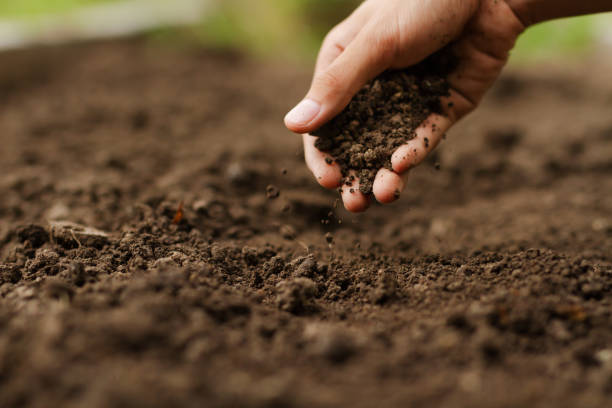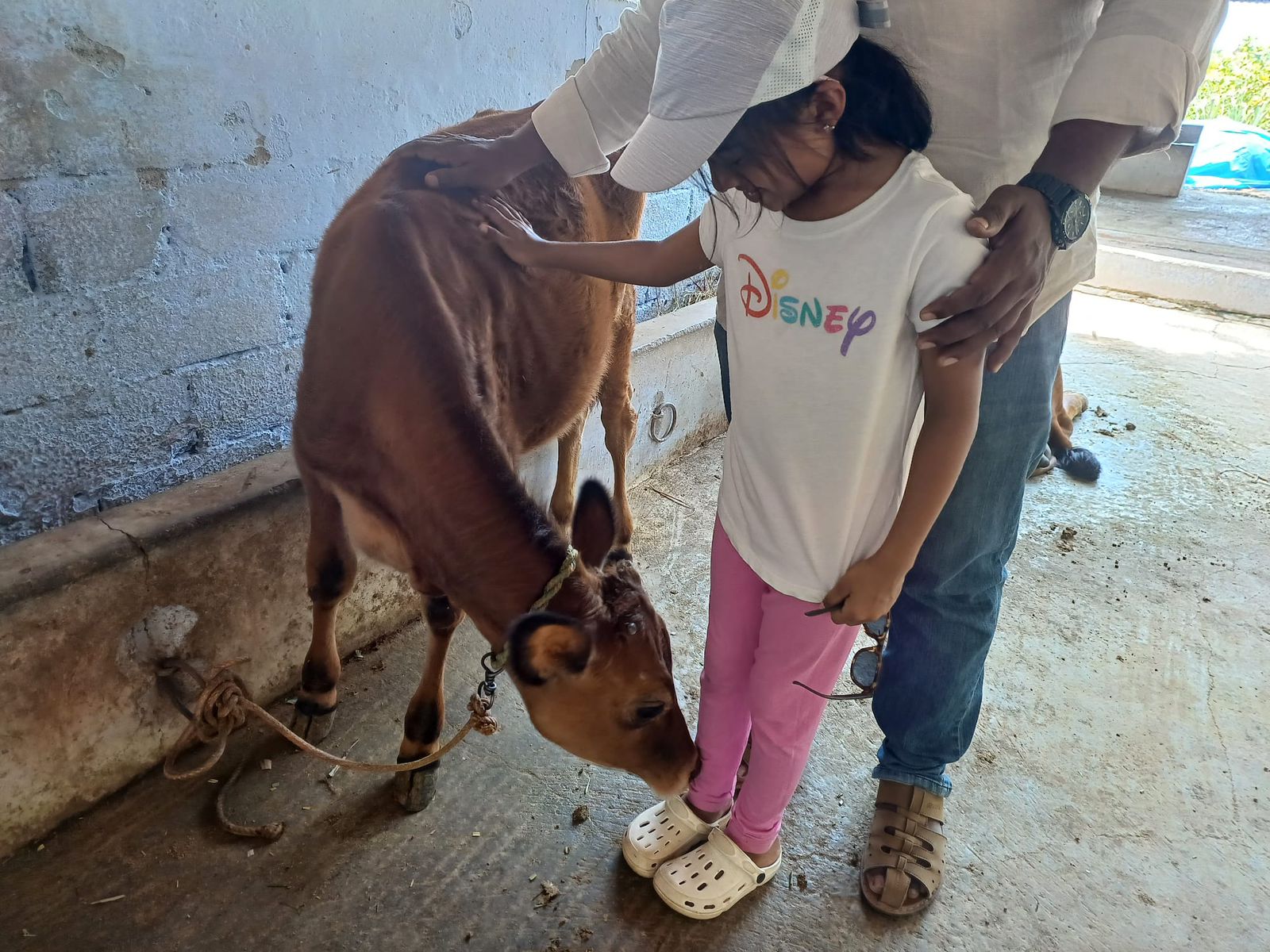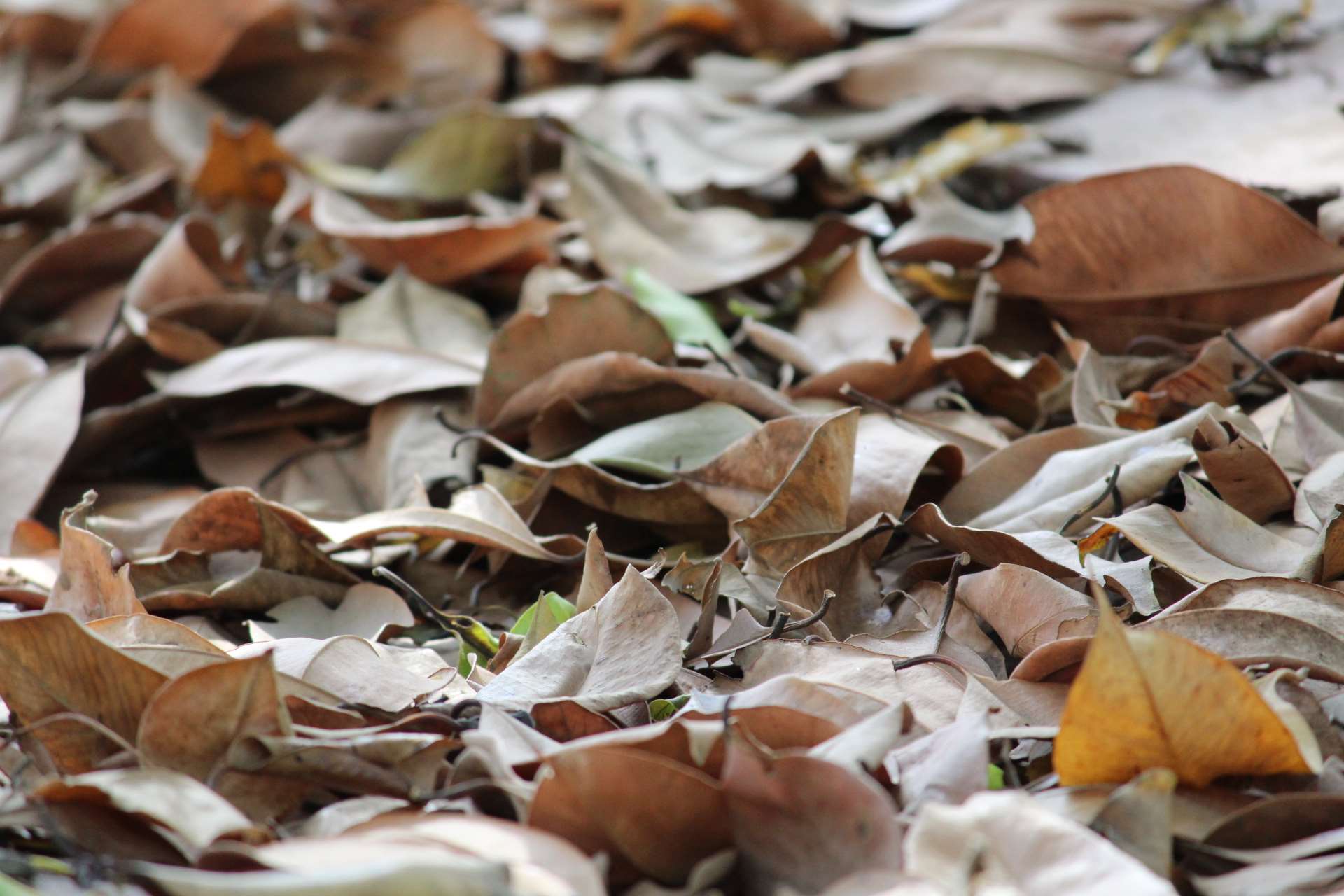Nature & Bio dynamic

Vermi Compost
Vermicompost is a nutrient-rich organic fertilizer and soil amendment produced through the process of composting using earthworms. It improves soil structure, enhances water retention, and promotes healthy plant growth. The vermicomposting process involves the breakdown of organic waste materials by earthworms, resulting in a nutrient-dense

Force of Nature
In the context of farming, the force of nature refers to the inherent power and influence of natural elements and processes on agricultural practices. It encompasses the impact of weather patterns, such as rainfall, temperature, and sunlight, on crop growth and development. Farmers must understand and adapt to the force of nature to optimize agricultural productivity and sustainability.

Prepare Ganajeevamirtham
Collect equal proportions of cow dung, cow urine, cow milk, cow ghee, and jaggery. Mix the ingredients thoroughly in a clean container, ensuring they are well combined. Allow the mixture to ferment in a covered container for about 7 to 15 days. The fermentation process helps convert the ingredients into a nutrient-rich and microbe-rich fertilizer. Stir the mixture once or twice a day during the fermentation period to promote aeration and ensure proper fermentation. Dilute the Ganajeevamirtham with water (usually in a 1:10 ratio) and use it as a foliar spray or soil drench on plants.

Dry Leaf Waste
Dry leaves are a valuable carbon-rich ingredient for composting. Layering them with nitrogen-rich materials, such as kitchen scraps or green waste, promotes the breakdown of organic matter, resulting in nutrient-rich compost that can be used to enrich soil. Dry leaves can be piled up and allowed to decompose over time, creating leaf mold.